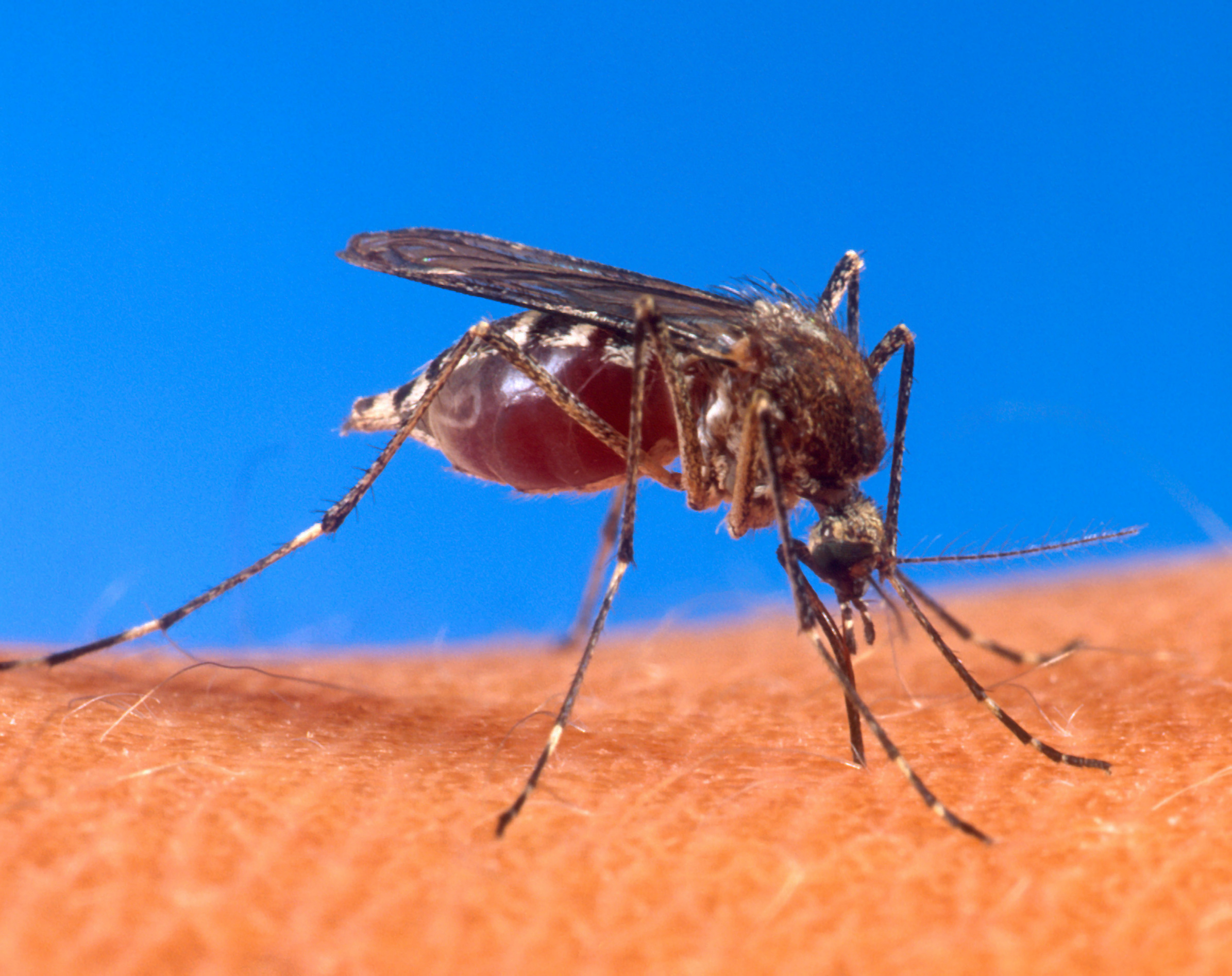Pennsylvania Adds New Air Quality Forecast Areas In August
Air quality forecasts will soon cover more areas of Pennsylvania. The Department of Environmental Protection is adding 8 new areas to its forecasts starting August 1st.
DEP spokesman Kevin Sunday says the summer’s record heat waves have brought the need for increased ozone surveillance. He says hot and humid weather can put a lot of ozone into the air. He says it’s important to keep in mind the impact the weather can have on our air quality. High levels of ozone can make it more difficult for some people to breathe.
Altoona, Erie, Johnstown, Scranton Wilkes-Barre, State College, Williamsport, Mercer County and Indiana County will be added to the existing five regions; the Lehigh and Susquehanna Valleys and the Philadelphia, Pittsburgh and Liberty-Clairton Regions.
There have been a number of Code Orange alerts in the original five forecasting areas this summer. Those mean air quality can be unhealthy for sensitive people including the very young, the elderly and those with respiratory problems. There have been no Code Red alerts, meaning air quality is unhealthy for everyone. Sunday says the number of Code Red alerts has been declining for the past five years as pollution levels improve.
Sunday says people in the new areas can connect to the forecasts by going on line to enviroflash.info. They can sign up to receive the air quality forecasts in their email.



